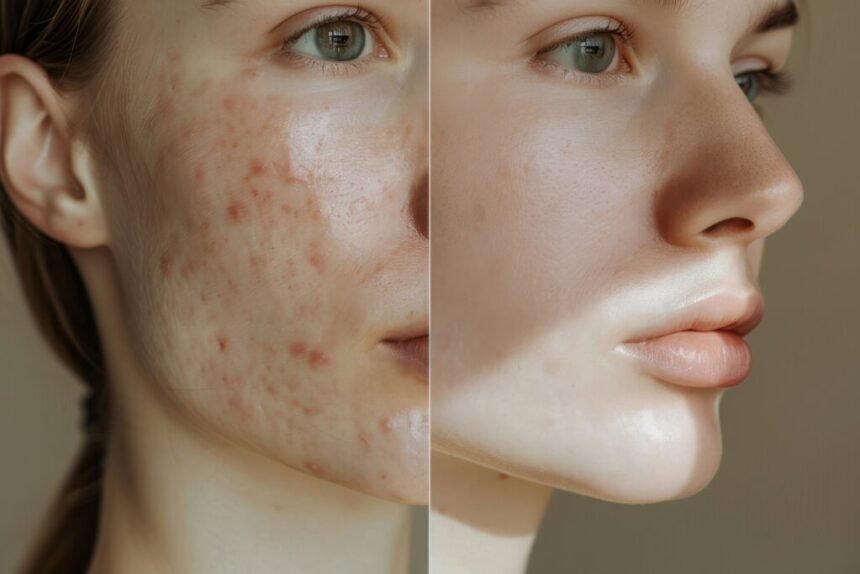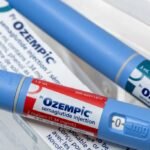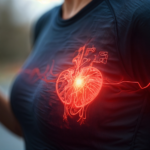Back-to-School Acne: Why It Matters
Back-to-school acne treatment is essential for students facing the emotional and social challenges of returning to classrooms, campuses, and sports activities. Acne can significantly affect confidence and overall well-being, with visible breakouts often causing embarrassment, anxiety, and social withdrawal. Dermatologists stress that acne is not simply a cosmetic concern but a condition that can carry a psychosocial burden comparable to chronic illnesses. Students with persistent breakouts may avoid social interactions, feel self-conscious about their appearance, and even hide behind hairstyles or clothing. Early back-to-school acne treatment is crucial, as it not only improves skin health but also boosts mental well-being. Successfully addressing acne can lead to greater confidence, allowing students to actively participate in academic, extracurricular, and social activities with self-assurance.
Understanding Acne
Acne is one of the most common skin conditions affecting adolescents and young adults, although its prevalence is rising among adult women as well. At its core, acne is caused by a combination of factors including excess oil production, bacterial growth, clogged pores, and inflammation. Hormonal changes, particularly during puberty, often exacerbate these processes, leading to flare-ups that can persist into adulthood. While mild acne may manifest as small blackheads or whiteheads, more severe forms can involve inflamed papules, painful nodules, and cysts. Recognizing the type of acne is essential, as untreated severe acne can result in permanent scarring and long-term skin damage.
Symptoms and Effects
Acne manifests as a variety of lesions that differ in severity. Blackheads and whiteheads typically appear first, followed by inflamed red bumps known as papules. In severe cases, patients may develop nodules and cysts that are deep, painful, and capable of causing permanent scarring. The psychosocial impact of acne can be just as significant as the physical symptoms. Studies indicate that acne can lead to anxiety, depression, and social withdrawal. The visibility of breakouts often intensifies the emotional toll, as patients feel self-conscious in social and academic settings. Dermatologists note that successful treatment improves not only the skin’s appearance but also mental health and self-confidence, allowing students to participate more actively in school life.
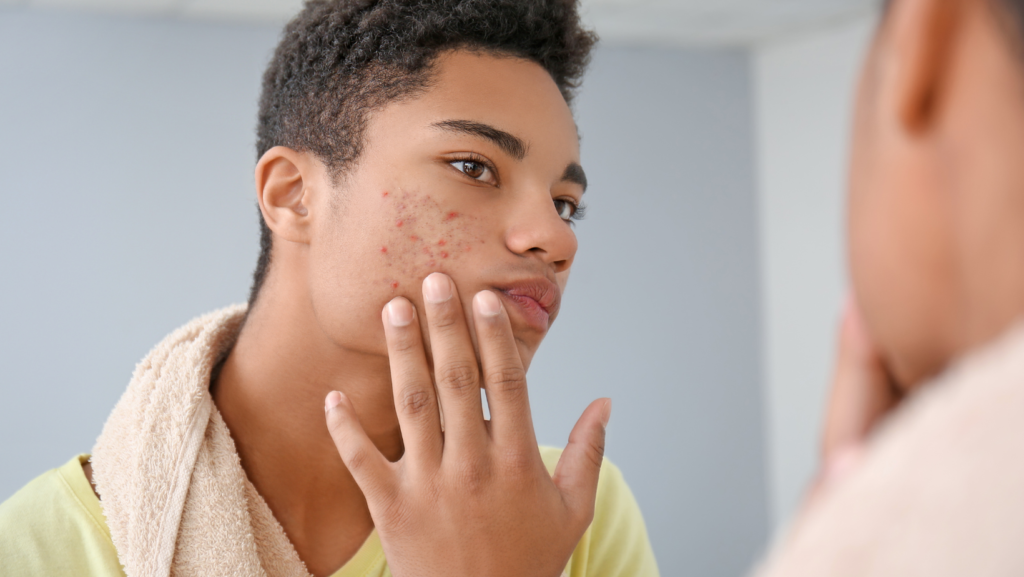
Treatment Strategies
Effective acne management begins with a consistent skincare routine tailored to the patient’s skin type and severity of symptoms. Mild acne can often be managed with over-the-counter treatments containing ingredients such as salicylic acid or benzoyl peroxide. Retinoids, either prescription or over-the-counter, are frequently recommended for both mild and moderate cases. While topical treatments form the foundation of acne therapy, adherence to a daily regimen is essential to achieve visible results. Dermatologists stress that early intervention prevents the progression of acne and reduces the likelihood of scarring. In cases where acne persists despite at-home care, professional evaluation is crucial. Dermatologists may prescribe oral medications, stronger topical agents, or hormonal therapies for women to control underlying hormonal influences on acne. https://dermatology.ca/skin-acne/
Lifestyle and Preventive Measures
Lifestyle factors play a significant role in both the prevention and management of acne. A balanced diet rich in fruits, vegetables, and lean proteins can help reduce inflammation and support overall skin health. Stress management is also important, as elevated stress levels can trigger hormonal changes that exacerbate breakouts. Adequate sleep is essential for maintaining healthy skin, as poor sleep increases inflammation and oil production. Physical activity improves circulation, which promotes skin health and overall well-being. Dermatologists advise students to combine lifestyle adjustments with consistent skincare routines to maximize treatment outcomes and prevent future flare-ups.
Confidence and Mental Health
Acne is more than a skin condition; it affects mental health and social confidence. Young people with persistent acne often experience embarrassment and self-consciousness, which can influence their participation in classroom discussions, social activities, and sports. Back-to-school acne treatment Studies demonstrate that successful acne treatment improves self-esteem and mental well-being, allowing students to navigate social environments more confidently. Dermatologists emphasize that treating acne should include addressing the emotional impact, as supportive guidance can help patients cope with stress and build resilience.
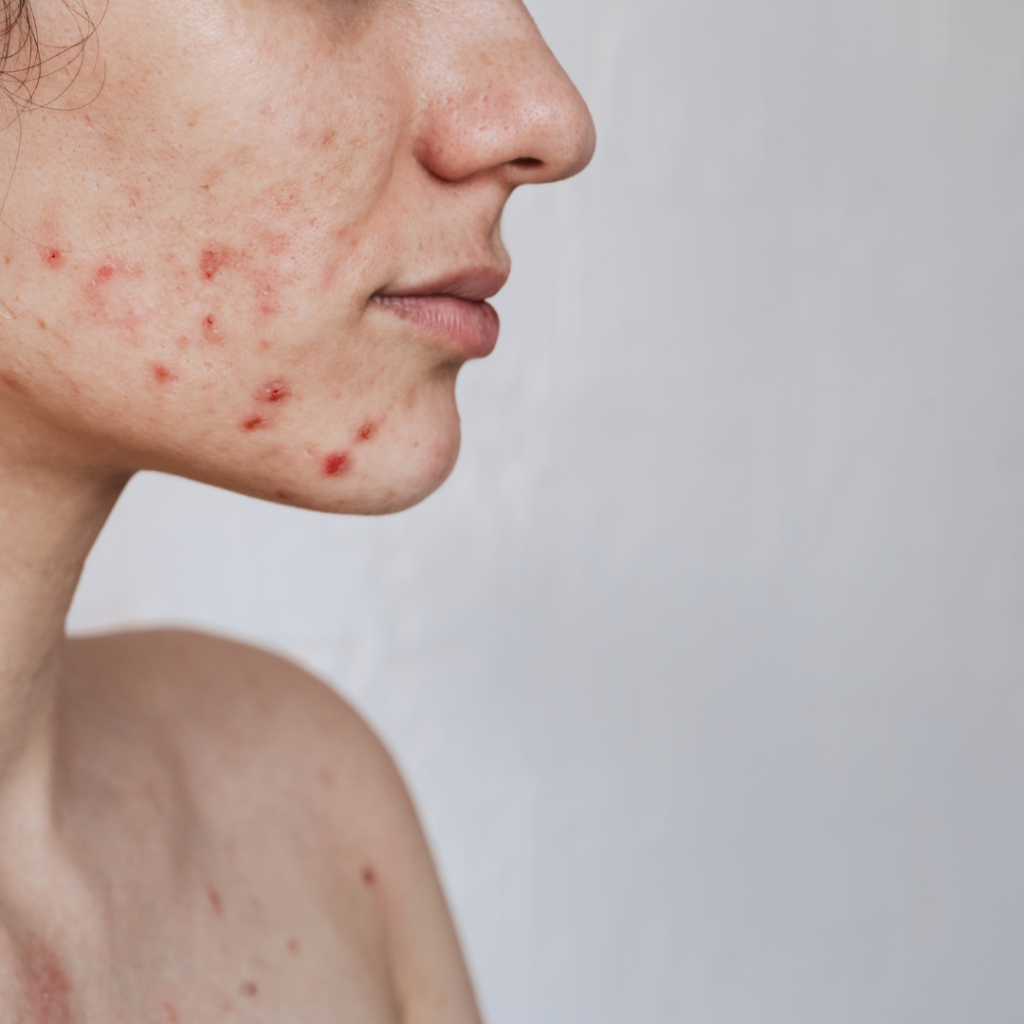
Practical Skincare Tips for Students
Students returning to school can benefit from a simple, consistent skincare routine. Cleansing twice daily with a gentle, non-comedogenic cleanser helps remove excess oil and dirt without irritating the skin. Moisturizing daily with a lightweight formula maintains hydration and supports the Back-to-school acne treatment skin barrier. Spot treatments containing benzoyl peroxide or salicylic acid can target active breakouts without affecting surrounding skin. Sunscreen is essential to protect against UV-induced inflammation and post-acne hyperpigmentation. Students should also avoid touching or picking at their skin, as this can introduce bacteria and worsen breakouts.
Conclusion
Back-to-school acne is a common challenge, but with the right approach, students can manage breakouts effectively while boosting confidence and mental well-being. Early intervention, consistent skincare routines, lifestyle adjustments, and professional guidance when needed form the cornerstone of acne management. By understanding the underlying causes and treatment options, students can navigate the school year with healthier skin and greater self-assurance, transforming acne care from a mere cosmetic concern into a holistic approach to wellness.
